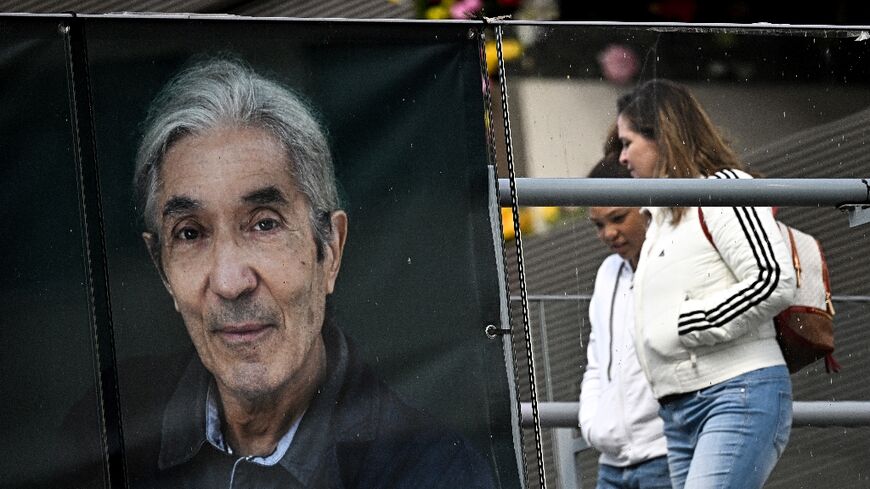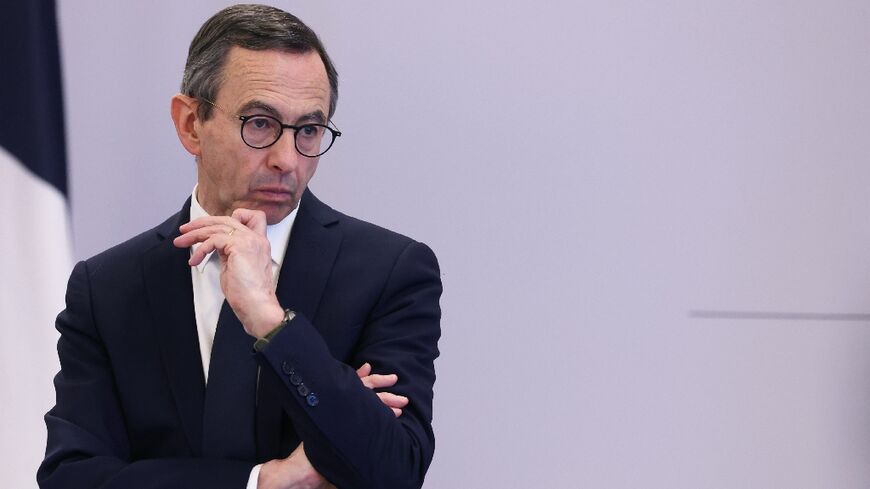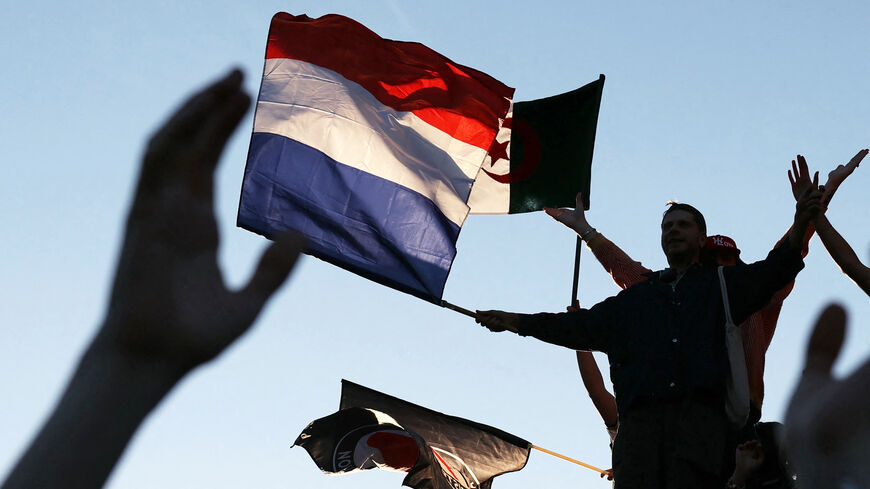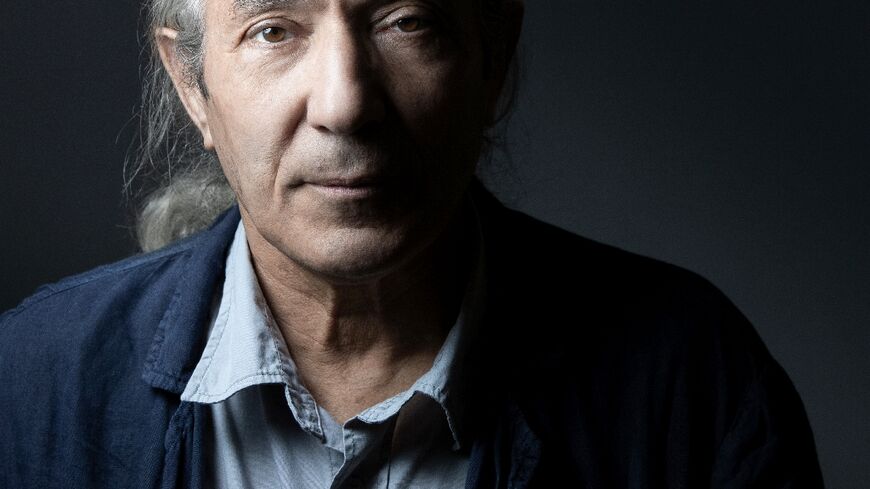Rebuking 5-year sentence, France urges Algeria to pardon Sansal: What to know
France-Algeria relations have deteriorated recently, marked by expulsions of diplomats and tensions over Moroccan control of Western Sahara, migration and more.
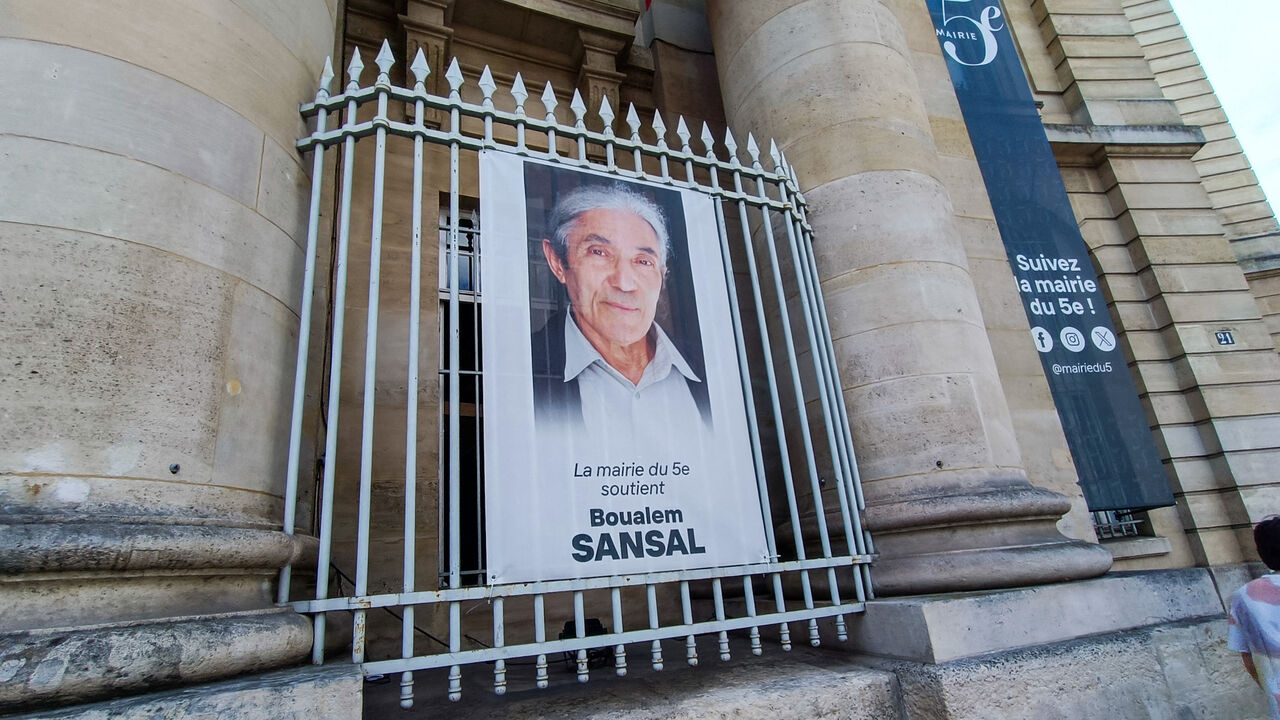
France’s prime minister called on Algeria to pardon an imprisoned dissident writer on Tuesday after an Algerian court upheld his five-year prison sentence.
What happened: On Tuesday, an Algerian court upheld the five-year prison sentence for writer Boualem Sansal, a dual French-Algerian citizen jailed in Algeria since November. Sansal was sentenced in March for undermining national unity after he told the right-wing French news outlet Frontieres that France had unjustly transferred Moroccan territory to Algeria during the French colonial era in North Africa. Sansal was arrested last November, according to Agence France-Presse.
French Prime Minister Francois Bayrou told reporters on Tuesday that Algeria should grant clemency to Sansal. “The situation Boualem Sansal is being subjected to is one that all French people and the French government find intolerable,” he said, according to Le Monde. “Now that the sentence has been handed down, we can imagine pardon measures, particularly in view of our compatriot's health, will be taken.”
Sansal, 75, is currently suffering from prostate cancer, according to The Associated Press. A novelist who writes in French, he is an outspoken critic of both Algeria’s secular government and Islamists in the country. In a 2009 interview with the German news outlet Qantara, he said he believes there are "parallels" between Islamism and Nazism.
French President Emmanuel Macron attended Sansal's naturalization ceremony last year.
Why it matters: Relations between France and Algeria have long been troubled, but tensions have risen considerably since last year, partly due to Paris’ growing ties to Morocco. Macron visited Rabat last October and endorsed Moroccan sovereignty over the disputed Western Sahara region. France-Morocco military drills planned for September have further exacerbated tensions, Sabene Siddiqui wrote for Al-Monitor in March.
Algeria has long supported Sahrawi nationalist groups and hosts around 170,000 refugees from the area.
The following is a list of spats between Algeria and France in the past year:
September 2024: In his first interview since being reelected that month, Tebboune declared he would not visit France, saying, “I will not go to Canossa.” The local phrase “walk to Canossa” means asking an enemy for forgiveness.
- January 2025: Three Algerian TikTok influencers were arrested in France after allegedly calling for violence in the country. One of the men was convicted of inciting terrorism in February.
- February 2025: A Portuguese man was killed and seven police officers were injured in a stabbing attack in eastern France’s Mulhouse. An Algerian suspect was arrested. Bayrou said the man had been refused repatriation by Algeria several times and threatened to review France’s migration pact with the country in response.
- March 2025: The Algerian Parliament established a commission to draft a law that would criminalize French colonial rule.
- April 2025: Three Algerians including a consular official were arrested and charged with attempting to kidnap Amir Boukhors, an exiled critic of the Algerian government. Algeria ordered 12 French diplomats to leave Algeria in response, prompting France to expel Algerian diplomats and consular officials and recall its ambassador from Algiers.
- May 2025: Agence France-Presse reported that Algeria planned to expel more French officials from the country. French Foreign Minister Jean-Noel Barrot called the move an "incomprehensible and brutal decision” and vowed to respond.
Know more: In an April analysis for Al-Monitor, Rina Bassist wrote that Algeria's refusal to take back deportees, Western Sahara and the Sansal case were the biggest issues in France-Algeria relations.
The two countries have tried to make amends amid the tensions. Shortly before the expulsions began in April, Tebboune and French President Emmanuel Macron held a phone call aimed at repairing bilateral ties. The two “had a long, frank and friendly exchange on the state of bilateral relations and the tensions that have built up in recent months” and Macron brought up Sansal’s case during the call, according to a joint statement.

